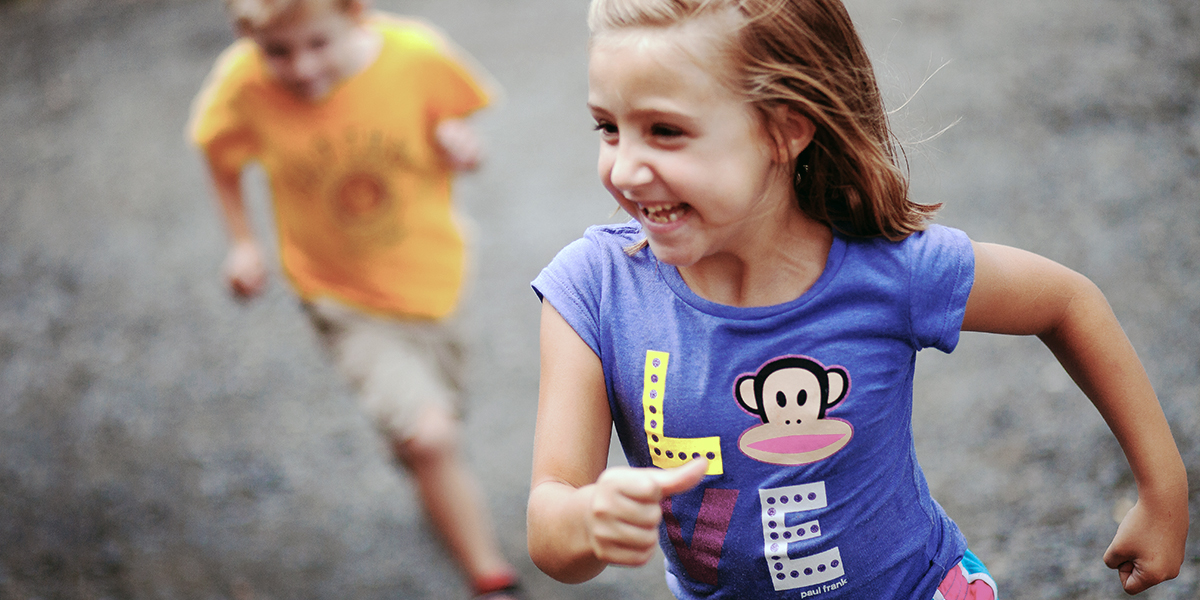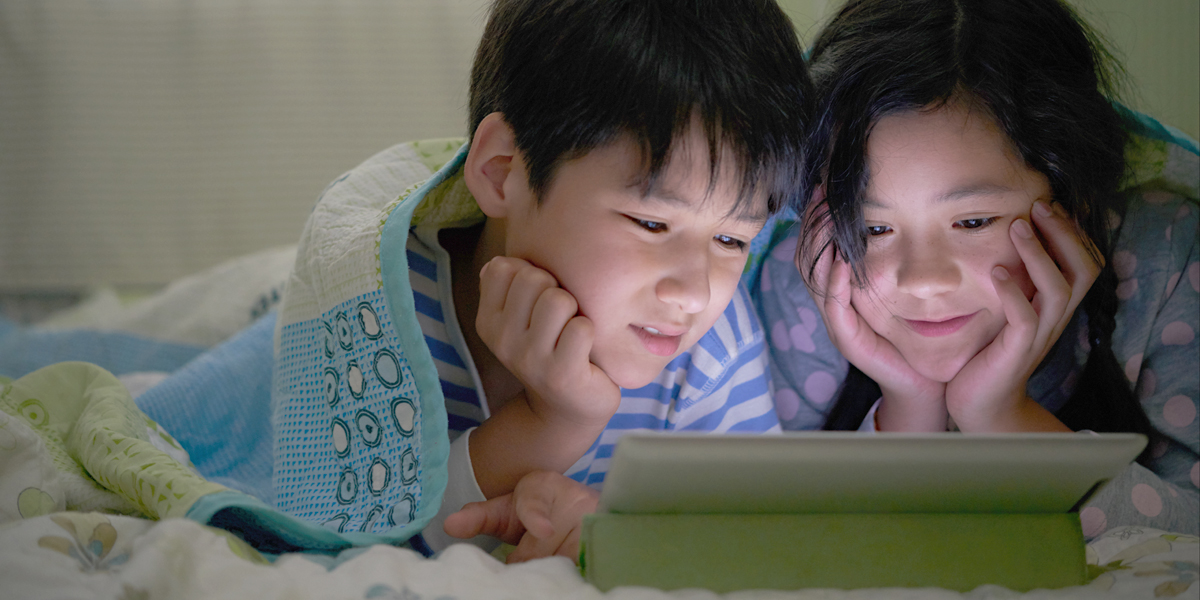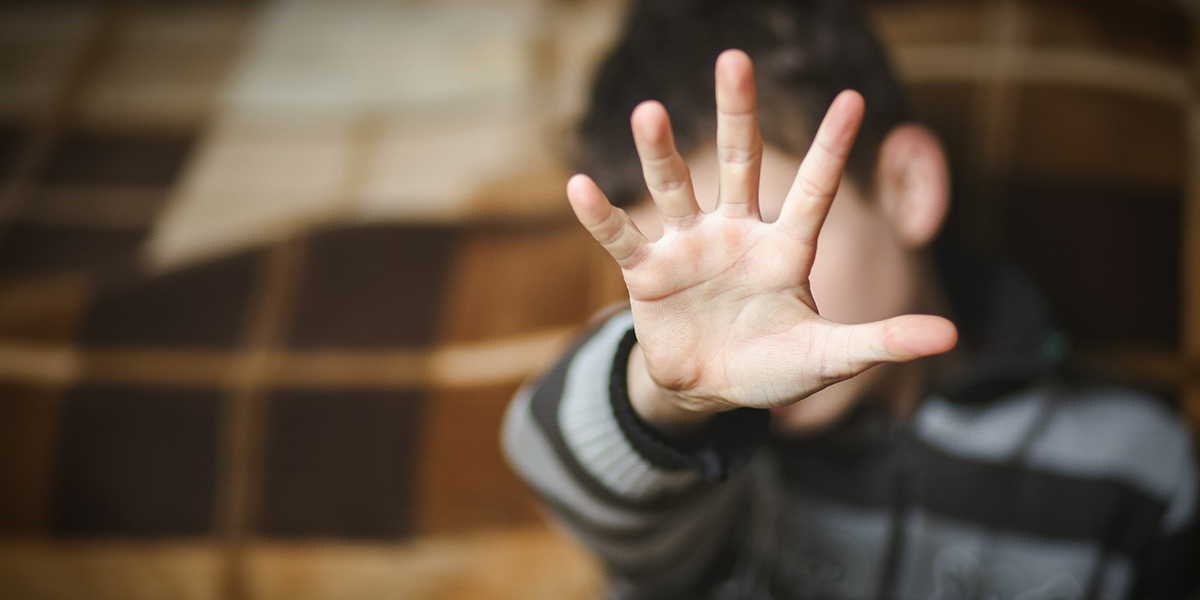Parenting is a unique pursuit and, when it comes to the kids, there’s no single set of operating instructions.
Lenten Campaign 2025
This content is free of charge, as are all our articles.
Support us with a donation that is tax-deductible and enable us to continue to reach millions of readers.
We were never given any operating instructions for our newborn daughter. After a few days, the nurses at the hospital bundled her up, made sure we strapped her into the car seat properly, and sent us our merry way as if we knew what we were doing. She’s now 11 years old and is as mysterious as ever. She’s a joy, an independent thinker, unexpected, challenging, and possesses a personality entirely her own.
We try to be good parents, but in the end we simply have to trust that our children are resilient enough to overcome their upbringing. There’s parenting advice available everywhere if we want it. There is traditional wisdom, internet tips, books, seminars, and comparing with other parents. There are all sorts of methods like attachment, free-ranging, tiger-momming, and helicoptering. A lot of the tips are really good and helpful. Some of the advice is contradictory. None of it is one-size-fits-all.
Looking back, I don’t always agree with my past parental choices. It’s all too easy to worry that we’re ruining our children, though, so I’ve taken to heart that even some of my past parenting “mistakes” may have, according to experts, actually been perfectly fine or even beneficial for the kids.
Here are some offbeat parenting tips that might be unexpected. I don’t know that we all need to immediately start following these – some of it might be downright irresponsible in the wrong context – but in some families these practices are common. These tips make us think. At the very least they prove that parenting is a unique pursuit and, when it comes to the kids, there’s no single set of operating instructions.
Let them run around barefoot
Mothers everywhere are horrified at the idea of dirty, barefoot children. They might step on a rusty nail or, well, I don’t actually know what’s so bad about not wearing shoes. In fact, doctors say it’s downright beneficial to set your feet free. In addition to improving neuromuscular strength and balance, walking on bare feet stimulates the nervous system in a way that might actually lead to increased brain development. I guess my toddler is aware of all this research, because she immediately removes any pair of shoes we try to put on her.

Let your baby sleep in bed with you
The prevailing opinion at the time we had our first child was that baby would sleep in a crib, so during the nesting phase we dutifully set up an elaborate nursery. It’s the sort of endeavor I wish I could travel back in time to laugh at myself for doing. Our baby cried the instant we placed her in it. We tried holding her until she slept and ever-so-gently placing her on the mattress, but she awoke instantly and cried again. We tried a soothing mobile. Crying. We tried wrapping her up. Crying. We tried letting her cry until she was exhausted. The crying never stopped, and now mom was crying, too. In the end, she forced us to let her sleep in bed with us. The result? A long, peaceful night of sleep. As I said, all children are different and co-sleeping may not be the best choice for everyone, but if that’s your choice it isn’t harmful. In fact, some doctors recommend co-sleeping for years because it minimizes stress and regularizes brain development. Maybe that’s why my daughter is smarter than me.
Let them stay up as late as they want
In our house, there’s a strict 8 p.m. bedtime. It’s a bit deceiving to phrase it that way, though, because we don’t really care when they turn the lights out and go to sleep. My rule is simple: “Daddy doesn’t want to see or hear you after bedtime.” I tell the children this with mock-seriousness but for some reason they laugh when I say it. In some cultures, the lack of a bedtime is far more extreme and parents let their children stay up until all hours of the night. We’re not quite there yet, and may never be, but it’s good to know that it isn’t something we need to stress out about if we find ourselves out late occasionally at a special event. As long as children get the proper amount of sleep, that’s all that matters. I guess we’re just lucky the school bus doesn’t come early.

Let them play with knives
For Christmas last year, all the kids got pocket knives. So far no one has cut themselves or stabbed anything. In fact, they’re absolutely delighted when a situation arises when a knife is needed and they happen to have one handy. Children respond well to responsibility, and letting them handle a dangerous object and be responsible for it helps them develop their prudence and judgment. The only way for this to happen is for them to be allowed to take risks. It may be knives, or it may be walking alone to a friend’s house, climbing a tree, or trying out for the school play. As much as we want to protect our children constantly, they have to be allowed to explore their limits if they’re ever going to mature.
Let them count on their fingers
Counting on fingers is for toddlers who barely know math, right? New science suggests the answer isn’t what we think, and in our minds we’re actually all counting on our fingers. Apparently, we use the same part of our brains that pictures fingers whenever we do complex math problems. So the more familiar we are with our fingers at a young age, the better we are at math. If your child counts on his fingers, that really isn’t a habit to be discouraged or even concerned about. Maybe I should start counting on my fingers again. I really need to improve in math.

We probably aren’t all going to rush out and change everything we do as parents based on these five tips, but hopefully they’re helpful in showing that successful parenting can take unexpected sizes and shapes. Don’t stress out, love your kids, and your family will do wonderfully.

Read more:
3 Positive parenting tips from the Venerable Fulton Sheen (VIDEO)








